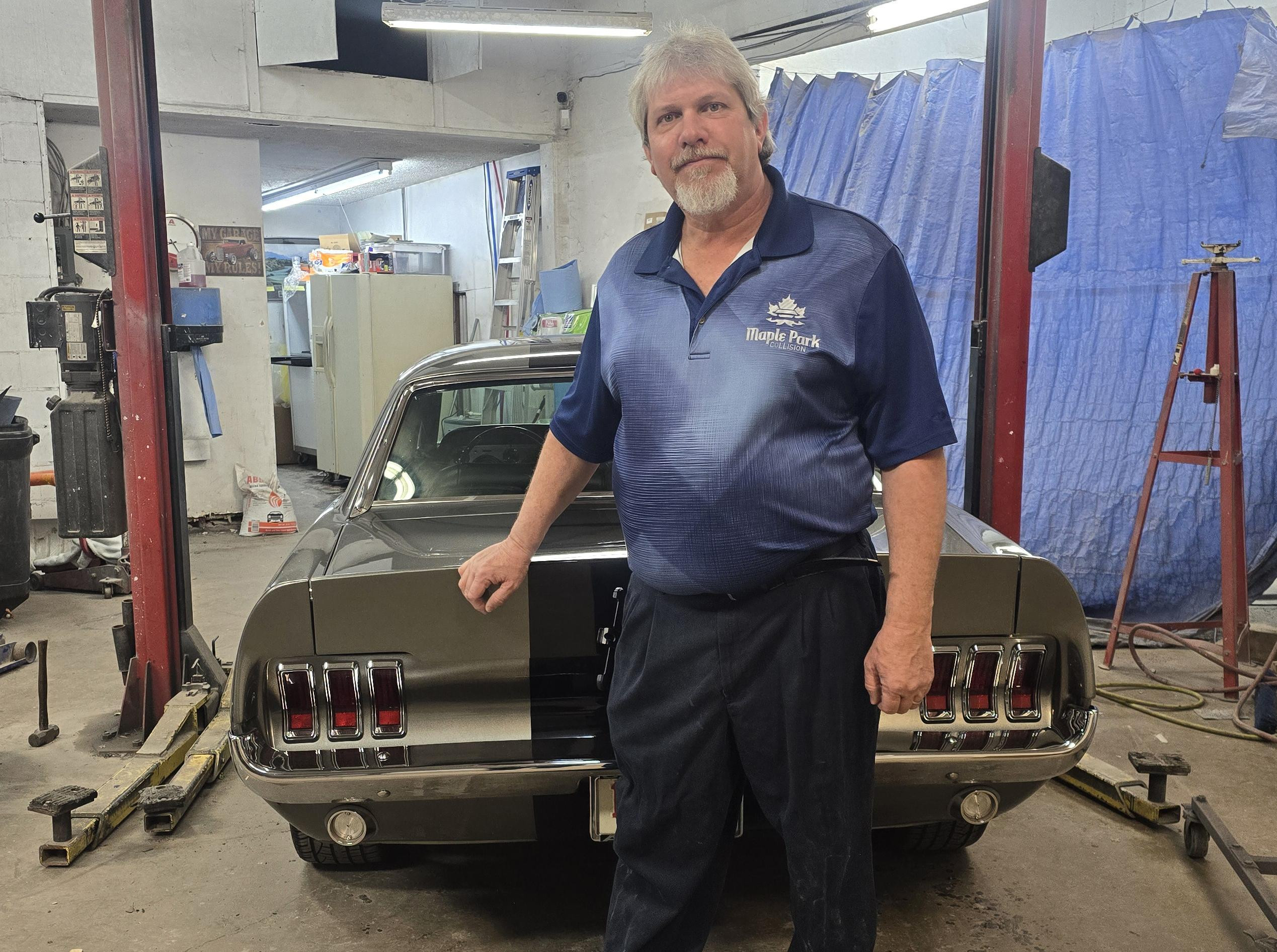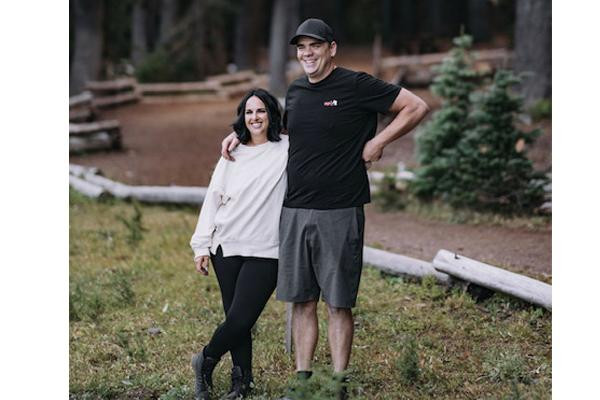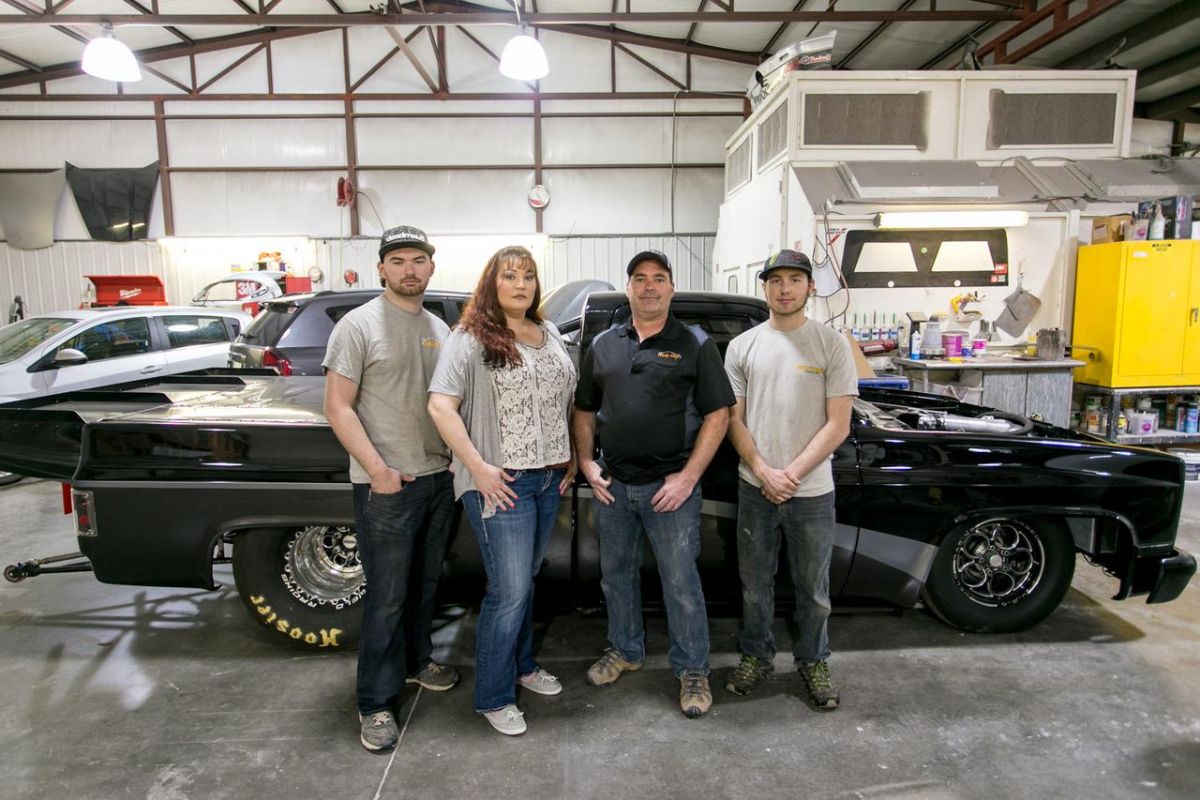Third-party finance is having a moment.
Collision centers are increasingly considering and offering customers unconventional payment options from third-party private lenders, or a specific subset called “buy now, pay later” to maintain cash flow if volumes slow.
Shop owners told Autobody News benefits include getting jobs they’d otherwise lose; making up differences between shop rates and what insurance pays; covering deductibles; doing smaller, elective projects and some custom work; and for customer service, even at a nominal cost.
Negatives include customer dissatisfaction with lenders, directed at the shop; the effects of not defending rates with insurers to offer financing instead; lender levies, by discounting what they pay on the job cost; and higher interest rates lenders charge, nixing any customer service advantage.
Recent increased attention in this area coincides with the current collision industry slowdown. Body shops and service providers report lower volume, customers raising their insurance deductibles to counter premium hikes, and higher repair costs generally from wider economic trends and events such as inflation and tariffs.
Companies lending to collision center customers include Synchrony, Snap Finance, Mariner Finance, Affirm, EasyPay Finance, Koalafi and a possible entry, Klarna.
Collision repair operators named these lenders in online discussions and interviews.
Want In? Learn More
Credit commonly comes from third parties, and involves buying something today and paying for it tomorrow. But private lenders are typically not linked to a bank, as with Visa and MasterCard, while “buy now, pay later” refers to the subset of third-party lenders with a set number, often four, of fixed installment payments.
A third group of finance companies for body shops lend to sub-prime -- a newer term is “non-prime” -- borrowers. General Electric Co. spun off Synchrony Financial in 2015; it now includes a bank. Its Car Care Credit Card is for automotive businesses, including body shops.
Affirm Holdings Inc. and Klarna are buy now, pay later lenders. Affirm is a payment option on Amazon, for instance, and as of Dec. 31 said 21 million people had borrowed with it at least once in 2024, for annual gross merchandise volume of $31 billion. Klarna in April postponed a planned IPO, after tariff actions sparked financial markets turmoil. Last year, it had 93 million global active users and $105 billion gross merchandise value (GMV.)
Snap, Mariner, Koalafi and EasyPay are non-prime lenders. There are literally dozens of options on the credit spectrum. Versatile Credit, for instance, offers merchants up to 25 finance companies on one platform.
Maybe Do Nothing
You might not need to decide directly because this financing is on its way, and might already be on the phone.
One MSO senior executive said he expects CCC Intelligent Solutions to boost financing functionality on its SaaS platform to address this area. It and competitor Mitchell already offer payment processing in software. This could add payments themselves.
Companies didn’t comment, but there’s precedent. Affirm in 2024 joined Tekmetric’s platform that provides operations software to 10,000 mechanical repair shops. Klarna is on it, too, as is a third BNPL firm, Sunbit.
One or more buy now, pay later lenders with sufficient financial heft might be a good bet for CCC or Mitchell. Affirm and Klarna are big, as is Afterpay Ltd., an Australian fintech with 25 million active users. It’s owned by Block Inc., which also owns Square and CashApp.
Customers might already have buy now, pay later options on their phones. Apple Inc. last fall added Affirm and Klarna to Apple Pay, after shutting down its own in-house BNPL lender, Apple Pay Later, earlier in the year. Google Pay offers Affirm, Klarna, Afterpay and Zip, which has 6 million active users.
MSOs Say Yes, No
CARSTAR takes a two-tiered approach, offering Synchrony and non-prime EasyPay. This mirrors the “waterfall” or “cascade” -- private-lending lingo for when credit applicants declined by higher-tier issuers are offered the private lender at the next lowest level.
Patrick Crozat of California’s G&C Auto Body might offer third-party financing again.
“We did Snap years ago, but didn’t get any traction,” he said. “The interest rate was so high, people couldn’t qualify.”
Crozat echoed the trend-winds backing such lending: lower claims, more customer-pay, higher premiums and deductibles.
“We’re looking at it, to see if it makes sense,” he said. “Not saying it will. There’s definitely risk. But if our data is correct, there’s a lot of small, easy jobs people are more apt to finance.”
Jonathon Best of Better Collision Centers in South Carolina goes the other way.
“We do not offer any financing and it has never been a concern,” he wrote by email. “We’re 95% direct repair and most of that bill is paid by the insurance company. We rarely have issues with customers or deductibles.”
But while BCC doesn’t offer it in shops, it would surely take it. “We’d accept any form of payment our credit card machine runs,” Best wrote.
Indie Shops Say Yes, No, Maybe So
Tim’s Body Worx in Oklahoma has offered Synchrony for a year -- so far with no takers. Synchrony charges shops $25 a month if there are less than six transactions. Shop co-owner Jessica Stegner’s OK with that.
The 11,500-square-foot shop has seven OE certs and no DRPs. It employs 13 and sees 45 cars a month. $6,500 is an average ticket.
A QR code on the counter connects clients to the credit, and up to 12 months interest-free financing. Stegner can add the 2% to 7% processing fee to the loan.
She “wants to explain it more to clients and work it in with training staff,” to build adoption. “I love being able to offer it … and want to give it another full year,” Stegner said.
Across the border in small-town, northeast Texas, Phil McCasland considered Synchrony for his eponymous shop, 4,500 square feet, four employees, amid the slowdown.
He sees, “more out-of-pocket expenses, insurance rising every renewal … people are scared to make a claim.”
So he talked with Synchrony, and it asked for the 25 bucks. He mulled it over a weekend, said no, and hasn’t looked again.
“But I’m not through yet, if I can find somebody reputable,” McCasland said.
 Jason Grubb.
Jason Grubb.
Jason Grubb wavers on Synchrony. He’s thought of dropping it at Maple Park Collision in Ohio, but considers its fee as “a $30,000 spot welder. When you need it, you have it.”
Grubb said customers have asked for crazy help with “hiding” deductibles or letting them make payments on it, but “get offended when I suggest financing.”
He keeps the tool, though, with Mariner Finance, which doesn’t charge a monthly fee. Mariner can approve a loan in 15 minutes and wants borrowers to put some skin in the game. It deducts 6% -- another tool in his box.
“When insurance companies cut our estimates, they cut more than 6%,” Grubb said. “It’s part of doing business.”
He’d consider adding other finance options as the lull recedes.
Derek and Tori Camacho own Limitless Auto Body in Oregon. The shop had offered Snap Finance for 18 months, signing up at SEMA, and added Synchrony online in December. Tori Camacho pays a 3% discount on billing.
 Tori and Derek Camacho.
Tori and Derek Camacho.
“We needed options for a customer,” she said. “We don’t use it often but it’s nice to have. The more options, the better.”
The 6,000-square-foot shop does mainly collision work, with some custom, running about 28 cars a month and $3,000 per ticket. It has three employees. “We take insurance but we’re a small shop and not a DRP,” Camacho said.
A smaller-jobs focus sets Limitless in the middle of trends driving this finance. “More customer pay, people who don’t want to run it through insurance, and elective work,” she said.
Camacho said owners must be clear with customers on interest rates, strongly encouraging people to pay within the “same as cash” window.
Finding Financing in Bad Taste
Macon Moore disliked his experience so much he doesn’t recall the lender. “It was years ago,” he said.
His Campbell Collision Center in rural North Carolina -- five bays, six staffers -- tried it, “to get paid what we were owed, and to help people who were in a tight spot, struggling with an out-of-pocket expense.”
But “customers had a hard time separating us from [the lender]. We’re not responsible for terms and conditions they signed, just like we’re not responsible for their insurance,” Moore said.
When customer interaction with the lender went south, so did the shop’s relationship. “It left a bad taste in their mouth,” he said.
The blame wasn’t worth the business.
‘We’re the Ones Who Can Support Them, Take on the Risk’
Snap debuted installment lending eight years ago, after beginning life in 2012 as a lease-to-own actor, said Chief Sales Officer Steven Stewart.
Stewart said Snap works with 5 million consumers and 50,000 merchants, including 35,000 automotive service and parts providers.
 Steve Stewart.
Steve Stewart.
The lender attacks from many angles: direct-to-consumer serving its merchants, a website, mobile app -- 1 million downloads, 40% new customers -- and Stewart’s B2B sales group pursuing collision centers.
“Collision is new to us. We’re super-excited about the space, and go to SEMA every year,” he said.
Stewart wants Snap among a shop’s direct offerings, with other providers.
“If someone can qualify for Synchrony, they should go with Synchrony,” he said. The ex-GE finance arm and Klarna and Affirm are “primary, more premium lenders,” and Snap is sub-prime: 110 million people, he said, including ones with no credit file.
“We’re the ones who can support them, take on the risk,” he said. He said write-offs and low overall margins make the full picture, and acknowledged higher interest rates Snap and competitors have historically charged.
Snap is developing a program to revamp such elements -- and out-of-pocket costs and the merchant discount -- for collision repair, but it hasn’t been introduced.
What if We Put Everything on the Table
Third-party finance is looking to grow. Likely players have experience with platforms, automotive businesses and consumers. Lenders’ differing aims and products overlap and integrate, covering nearly any scenario.
Consider a situation where software includes BNPL options, to which a shop sets Synchrony at $25 a month, and directly adds Snap or Koalafi. Toss in Apple Pay, conventional credit cards, old-school cash, insurance, and there’s virtually no customer a shop couldn’t work with, meaning get paid by.
Legitimate concerns continue. BNPL lender proliferation, for instance, has resulted in uncertainty as to what sort of finance beast they are, and how to regulate them. Clarity is elusive: a May 2024 Consumer Financial Protection Bureau rule classified them as credit cards as to Truth in Lending Act regulations; a new administration’s CFPB said in March it will reverse this move.
There also seems to be a logical diversion of approach between OE-focused shops and DRP houses. The former has generally higher tickets, and customers aren’t looking to make something happen, while collision centers tied more generally to insurance rely on that system, or seek ways to fill gaps. Smaller shops in less-populated and rural areas have shown openness to non-traditional finance.
Further, some entrants have failed and others are bad choices. Collision centers must consider carefully how to proceed. But overall, shops are exploring expanded adoption.
“Business owners put a premium on being able to say yes to more consumers,” Stewart said.














Paul Hughes